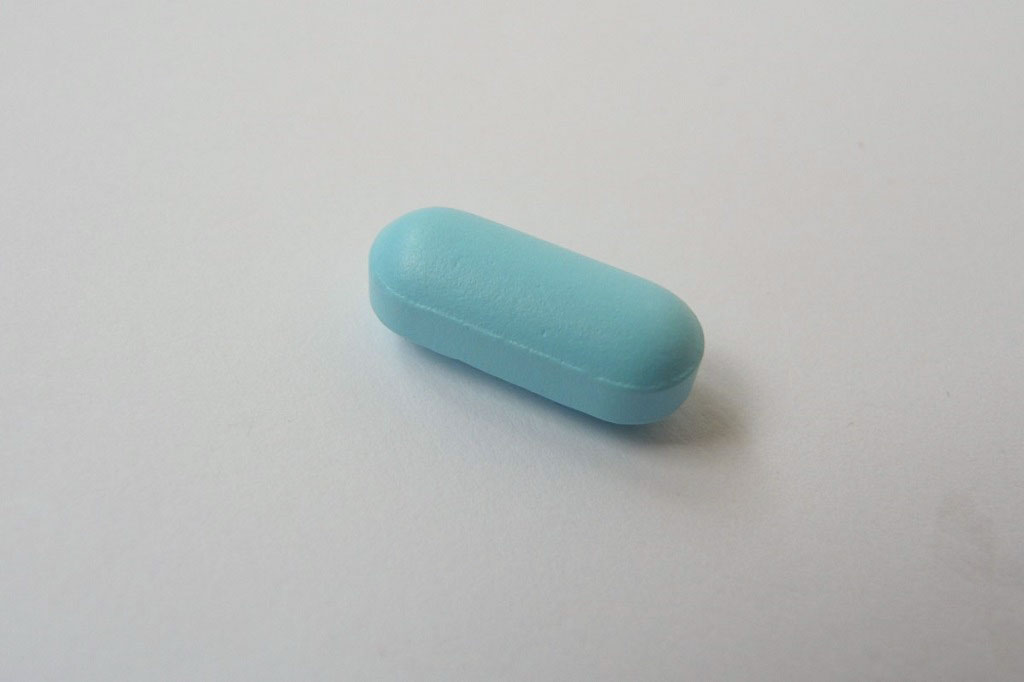Study claims that cava could prevent heart disease
Heart and lungs
Behind the headlines article on newspapers coverage of a study claiming that drinking cava could prevent heart disease.
‘A glass of sparkling wine a day could prevent heart disease’ reported the Daily Mail, October 02 2007. New research has found that the sparkling wine (cava) could affect chemicals in the blood that are associated with diseased arteries, the paper said.
This is a very small study of only 20 men, which looked at particular signs (known as markers) of the inflammation in the blood that is associated with arterial disease. Arterial disease is also known as atherosclerosis or the ‘furring’ and ‘hardening’ of the arteries.
The researchers only looked for these markers rather than looking directly at arterial or heart disease itself. As such, it does not provide us with any more information to help us take a side in the ongoing debate of whether or not drinking wine – red, white, or sparkling – is of any benefit to our heart health.
The long-term health risks of drinking cava every day are unknown. It it possible that these may outweigh any possible benefit.
Polyphenols, the compounds in wine which have been attributed with health giving properties, are also present in a wide array of vegetables and fruit, all of which can be eaten without the threat of liver damage.
Where did the story come from?
Monica Vazquez-Agell and colleagues of University of Barcelona, Spain, carried out this research. The study was funded by Spanish Ministries of Education and Science and Health. The study was published in the peer-reviewed medical journal Journal of Nutrition.
What kind of scientific study was this?
This was a small-randomised crossover study that compared the effects of cava and gin on inflammatory markers in the blood. Inflammation is thought to play a role in the formation of atherosclerotic plaques in the arteries, which can lead to heart attack.
Cava and gin were selected because cava has moderate levels of polyphenols, compounds which are at high levels in red wine and are thought to play a role in its supposed anti-atheroslerotic effect. Gin has only low levels of polyphenols.
The researchers selected 20 healthy males (aged between 25 and 50) with no other risk factors for heart disease, such as smoking, diabetes, raised cholesterol or family history of heart attacks.
The participants abstained from alcohol for 2 weeks before starting the study. Following the two week abstention, the men were randomly selected to either drink 30 grams (30ml) of cava or the same amount of gin, daily, for 28 days. Following this period, they abstained from alcohol for another 2 weeks. They then received the second alcoholic beverage for a further 28 days.
Blood samples were taken after each 28 day period to look at blood biochemistry and the markers that play a role in the body's inflammatory response. The participants followed a controlled Mediterranean diet throughout the study and exercise levels were monitored. Compliance to the study was measured by counting the returned empty bottles, and measuring traces of the drinks in the men’s urine.
What were the results of the study?
The researchers found that after the participants drank both cava or gin, the levels of some inflammatory markers in their blood (that are associated with arterial disease) were reduced. Seven of the inflammatory markers were reduced more after drinking cava than with gin. There was no difference between cava and gin in the levels of 11 other inflammatory markers measured.
What interpretations did the researchers draw from these results?
The researchers concluded that a moderate intake of both gin and cava had anti-inflammatory properties but that the effects were greater with cava. They suggest that this may be due to the higher content of polyphenols in cava than gin.
What does the NHS Knowledge Service make of this study?
The major limitation of this study is its small size, being a trial of only 20 men. Other points to consider are:
- We have no evidence from this study that reducing the markers of atherosclerosis will actually reduce atherosclerosis itself or have any impact on the risk of heart disease.
- These were a group of healthy young males with no other risk factors for heart disease; we should therefore be careful about generalising these results to, for example, a middle aged smoker with family history of heart disease.
- Although the researchers attempted to control the diets and exercise levels of the participants, as these were self-reported we cannot be sure how accurate this information is.
- Multiple tests on the results were carried out, and when this occurs it can lead to significant differences and relationships being found by chance. If the researchers took this into account, the differences seen might no longer be significant.
The researchers have not considered the long-term health effects of recommending daily alcohol drinking. They have only looked at the changes of markers in the blood over a month. We don’t know what the longer term effects might be, and the study has not considered other side effects. Any slight benefit to the heart may be grossly outweighed by an increased risk to the liver.
Polyphenols are reported to be found in high levels in certain foods, such as onions, virgin olive oil, and green and black tea. Participants in this study were not allowed to eat these in order to avoid affecting the results. Any benefits seen with cava may well be attainable by eating these foods, and this would probably be a healthier way to consume these polyphenols in the long term.
At the current time, we shouldn’t use this study as an excuse to go and fill up on the bubbly or gin on a daily basis. Advice on recommended weekly alcohol units should be followed.
The Department of Health advises that men should not drink more than three to four units of alcohol per day, and women should drink no more than two to three units of alcohol per day.
One unit of alcohol is equivalent to 10ml of pure alcohol. As a rough guide:
- 1 pint of strong lager = 3 units
- 1 pint of ordinary lager, bitter or cider, 175ml glass of wine = 2 units
- 1 alcopop = 1.5 units
- 1 measure of spirits = 1 unit
Sir Muir Gray adds...
Sir Richard Doll, the genius who discovered the link between smoking and heart disease was also one of the first to demonstrate the benefits of a glass of wine a day. The evidence seems to be consistent; white or red do much the same, and this study seems to indicate that fermented or distilled, or to put it another way, grain or grape, have a similar effect. But you should take it easy and stick within the limits.






 Subscribe
Subscribe Ask the doctor
Ask the doctor Rate this article
Rate this article Find products
Find products








